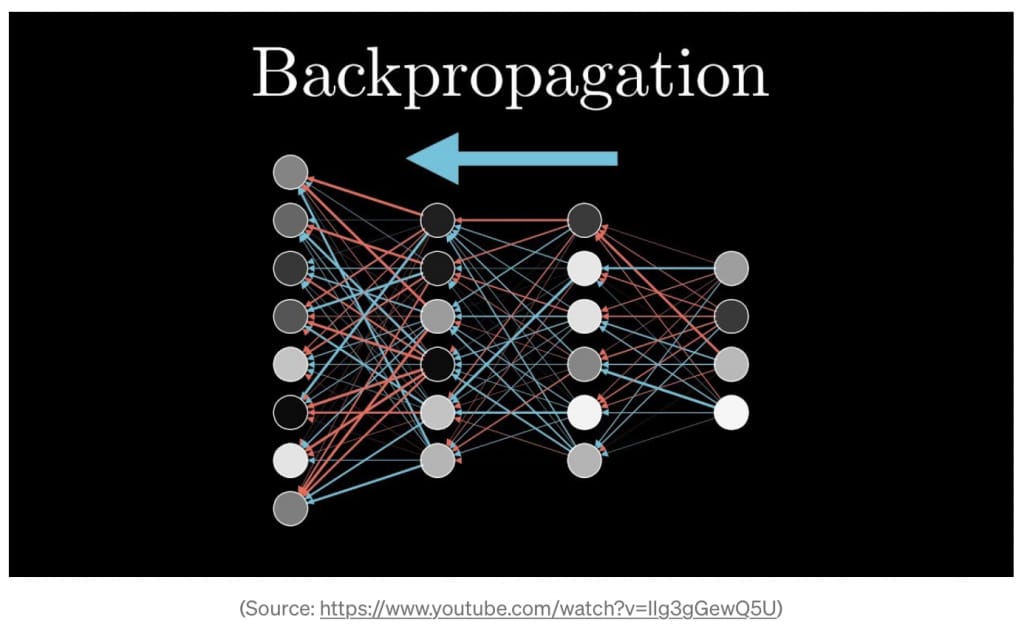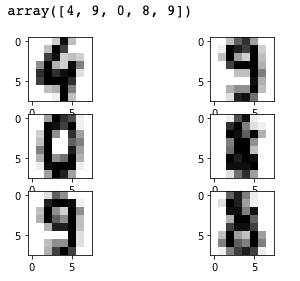Being an Avid Reader is Like Machine Learning

I often look back and wonder when my opinion changed about something.
My ideas on top-down vs. bottom-up approaches for nurturing ideas, for example. I know I read Loonshots >, and I know I read The Evolution of Everything >, and I think I read them pretty close together.
I credit/blame Tim Tyler > for these wonderful diversions.
But I also read several other reading orthogonally to those, both before and after. One book would lead to another—or maybe three or five more—and I read them all. A couple of times I felt like I had an epiphany, but in general I just had a feeling of, "Hmm, interesting."
But then I slept. Every night after reading, I slept.
Are we doing something like backpropagation while we sleep?
There is a lot of research > and common wisdom about us learning in our sleep. Everyone has a story about being stumped by something all day and all evening, going to bed, and waking up with the answer.
The details of how this happens is where the research is focused.
The general theory is that the brain somehow makes sense of our world, does cleanup, and works out problems while we are unconscious, and that reminds me of machine learning’s backpropagation > in two ways.
It’s optimizing something based on what happened recently
It’s really hard to track all the changes that were made
So your ability to identify the "catness" of a furry animal might improve the more backprop you do, or you might start to understand the creative process better the more good reading you read on related topics, but you’ll never be able to point at a magical threshold.

Because there wasn’t one. It was gradual, over time, as the result of consuming inputs and running this learning/adjustment process.
Reading is like Machine Learning because both lack attribution for how they achieved their results.
I hear Goodreads is closing its API soon, which I hope is only a rumor.
I think that’s fascinating, and it’s why I’m obsessed with tracking what I read. I’d love to be able to capture every book and talk I’ve ever consumed, and tag the crap out of it.
That way, if I suddenly notice my view changed on macroeconomics one day, I can look backwards at everything tagged with similar themes over the last several years.
Even then I wouldn’t be able to point and say, "That one!", but I will likely be able to say something like,
That change probably came from this phase of discovery, from these 9 reading and these 4 talks, spread out over 3.5 years.
That would be pretty cool.